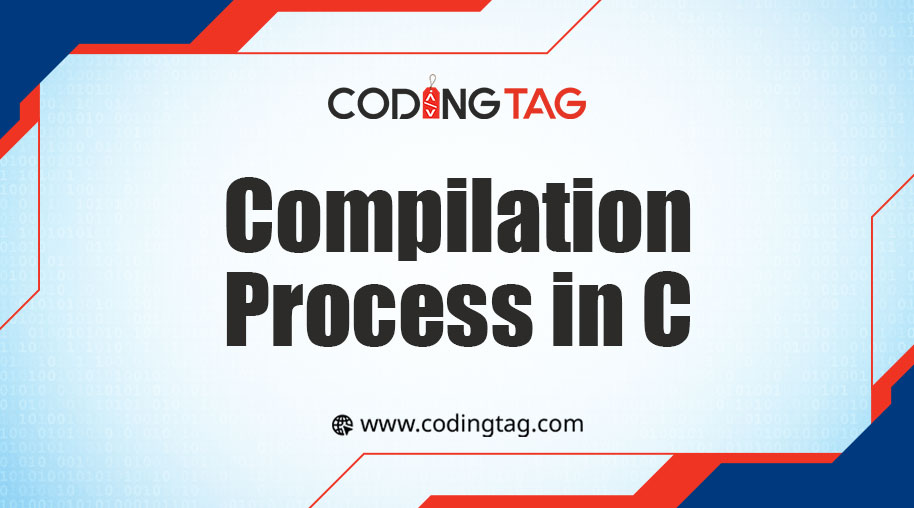Magic Number in C
0 487
Magic numbers in C programming are constant values used directly in the code without explanation, which may make the code harder to understand and maintain.
It's considered a best practice to avoid magic numbers by assigning them to named constants with descriptive names.
Steps:
Identify Magic Numbers: Look for numeric literals directly embedded in code that lack clear meaning or explanation.
Assign to Constants: Replace magic numbers with named constants defined using #define or const keywords to give them descriptive names.
Use Descriptive Names: Choose meaningful names for constants that convey their purpose in the code.
1Program Using Constants to Replace Magic Numbers
// Program using constants to replace magic numbers #include<stdio.h>#define PI 3.14159 int main() { double radius = 5.0; double area = PI * radius * radius; printf("Area of the circle: %f\n", area); return 0; }
Output:
Area of the circle: 78.539750
2Program Avoiding Magic Numbers with Constants
// Program for avoiding magic numbers with constants #include<stdio.h>#define MAX_LENGTH 100 int main() { char username[MAX_LENGTH]; char password[MAX_LENGTH]; printf("Enter username: "); scanf("%s", username); printf("Enter password: "); scanf("%s", password); // Authentication logic return 0; }
Output:
Enter username: siya Enter password: 4567
3Program Using Constants for Code Clarity
// Program for using constants for code clarity #include<stdio.h>#define HOURS_IN_DAY 24 #define MINUTES_IN_HOUR 60 #define SECONDS_IN_MINUTE 60 int main() { int days = 7; int total_seconds = days * HOURS_IN_DAY * MINUTES_IN_HOUR * SECONDS_IN_MINUTE; printf("Total seconds in a week: %d\n", total_seconds); return 0; }
Output:
Total seconds in a week: 604800

Share:







Comments
Waiting for your comments